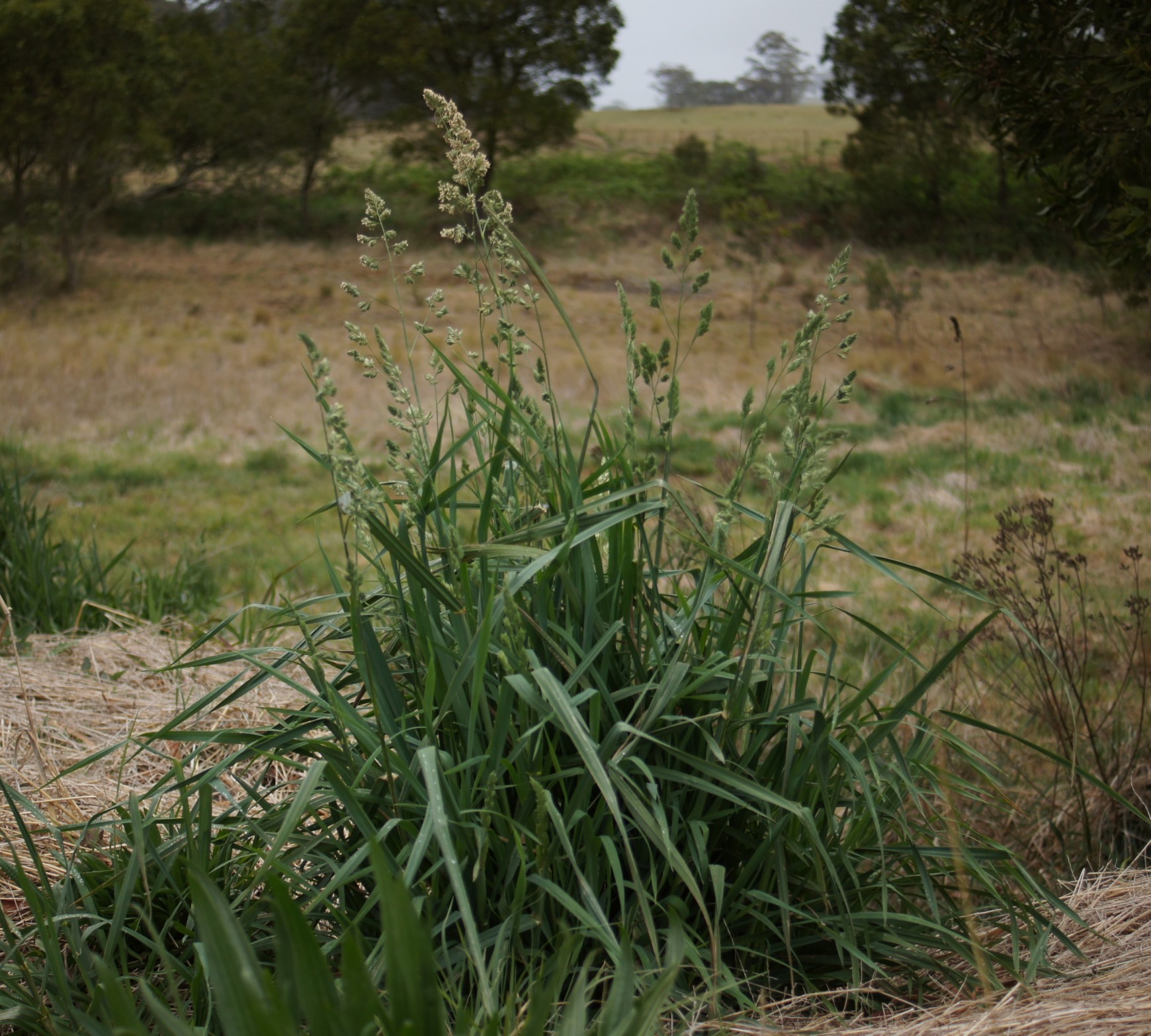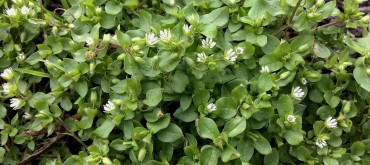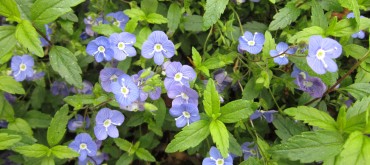Problem
Tall fescue grass has medium-green blades about ½ inch wide that grow in clumps in thin areas of the lawn. The blades are ribbed on top and smooth on the bottom and tend to shred when mowed. Tall fescue looks good on its own, but is considered a weed when it invades Kentucky Blue grass. It can resist insects and grubs and is somewhat heat tolerant because it is deeply rooted.
Life Cycle
Tall fescue is a perennial plant that emerges in early spring. Their seeds mature in July and August which may cause them to form new growth in the fall.
Solution
The best defence against tall fescue is a healthy lawn. If your lawn is fertilized regularly, mowed accurately and irrigated properly it will be able to withstand and choke out a weed invasion. First and foremost, watering deep but less frequent will allow the roots of your grass to deepen and in turn prevent the growth of all kinds of weeds. If we think about how seeds germinate like a newly planted lawn, the more often we water the more likely new grass seeds would germinate. So, anything we can do to avoid providing constant moisture to a weed seed bed by watering deeply enough that the existing plants have water in their root zone and even if a new weed germinated, it wouldn’t be able to source enough water long enough to survive.
Always keep your lawn around 3” long, this will give your soil some shade and will prevent any weeds from germinating, especially along the edges. All seeds regardless of type need sunlight at the soil where the seed is present to germinate, so remembering that like mulch in your gardens, if we can prevent the sunlight from reaching the seed when the conditions are favorable for germination, the seed won’t germinate.
If you do get the occasional weed on your lawn, the best solution would be pulling out the weed with its roots or by applying a selective weed control product that is available at your local retail outlet. If you feel like you’ve tried everything and need professional help, we offer a 6 visit program with additional weed control to help your lawn withstand weed invasion. If you have any questions about weeds on your lawn, don’t hesitate to give us a call and a lawn care specialist will be happy help.






